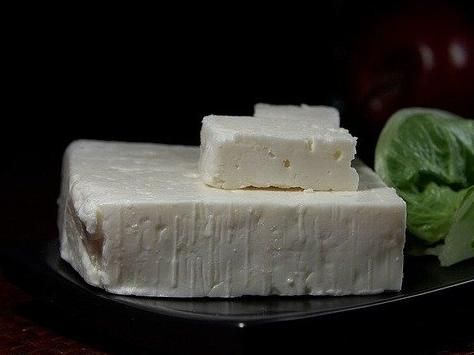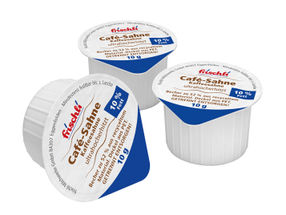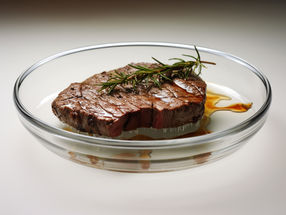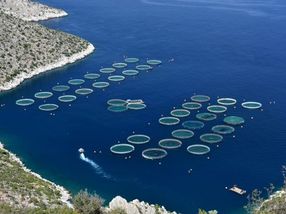By failing to stop the use of the designation ‘Feta’ for cheese intended for export to third countries, Denmark has failed to fulfil its obligations under EU law
However, Denmark has not infringed the obligation of sincere cooperation
The name ‘Feta’ was registered as a protected designation of origin (PDO) in 2002. 1 Since then, that name may be used only for cheese that originates in the defined geographical area in Greece and conforms to the applicable
product specification.

Bild von PDPhotos auf Pixabay
In the present infringement proceedings, the Commission, supported by Greece and Cyprus, claims that Denmark has breached its obligations under Regulation (EU) No 1151/2012 2 by failing to prevent or stop the use of the designation ‘Feta’ on cheese produced in Denmark and intended for export to third countries.
However, Denmark maintains that Regulation No 1151/2012 applies only to products sold in the European Union
and does not cover exports to third countries. It therefore does not deny that it has neither prevented nor stopped
producers in its territory from using the name ‘Feta’ if their products are intended for export to third countries.
In its judgment delivered today, the Court of Justice notes in the first place that, according to the wording of
Regulation No 1151/2012, the use of a registered name to designate products not covered by the registration which are produced in the European Union and intended for export to third countries is not excluded from the prohibition laid down in that regulation.
As regards, in the second place, the context of Regulation No 1151/2012, the Court points out that PDOs and
protected geographical indications (PGIs) are protected as an intellectual property right by Regulation
No 1151/2012. The scheme for PDOs and PGIs has been established in order to help producers of products linked to a geographical area by ensuring uniform protection of the names as an intellectual property right in the territory of the European Union. The use of a PDO or PGI to designate a product produced in the territory of the European Union which does not comply with the applicable product specification impairs, within the European Union, the intellectual property right constituted by that PDO or PGI, even if that product is intended for export to third countries.
In the third place, regarding the objectives pursued by Regulation No 1151/2012, the Court states that the objective of PDOs and PGIs is to help producers of products linked to a geographical area by securing fair returns for the qualities of their products, by ensuring uniform protection of the names as an intellectual property right in the territory of the European Union, and by providing clear information on the value-adding attributes of the product to consumers. The use of the PDO ‘Feta’ to designate products produced in the territory of the European Union which do not comply with the product specification for that PDO undermines those objectives, even if those products are intended for export to third countries.
It therefore follows from the wording of Regulation No 1151/2012, as well as from its context and the objectives pursued by it, that such use constitutes conduct prohibited by that regulation. The Court concludes that, by failing to prevent or stop such use in its territory, Denmark has failed to fulfil its obligations under Regulation No 1151/2012.
In response to the second complaint raised by the Commission, the Court considers that Denmark has not
infringed its obligation under the principle of sincere cooperation referred to in Article 4(3) TEU. That complaint
refers to the same conduct as that which forms the subject matter of the first complaint, namely the failure to
prevent or stop Danish producers from using the PDO ‘Feta’ to designate cheese which does not comply with the applicable product specification. Although it is true that the export to third countries by EU producers of products unlawfully using a PDO is likely to weaken the European Union’s position in international negotiations aimed at ensuring the protection of EU quality schemes, it has not been established that Denmark has taken any action or made any statements potentially having that effect, which would constitute conduct distinct from that which forms the subject matter of the first complaint.































































